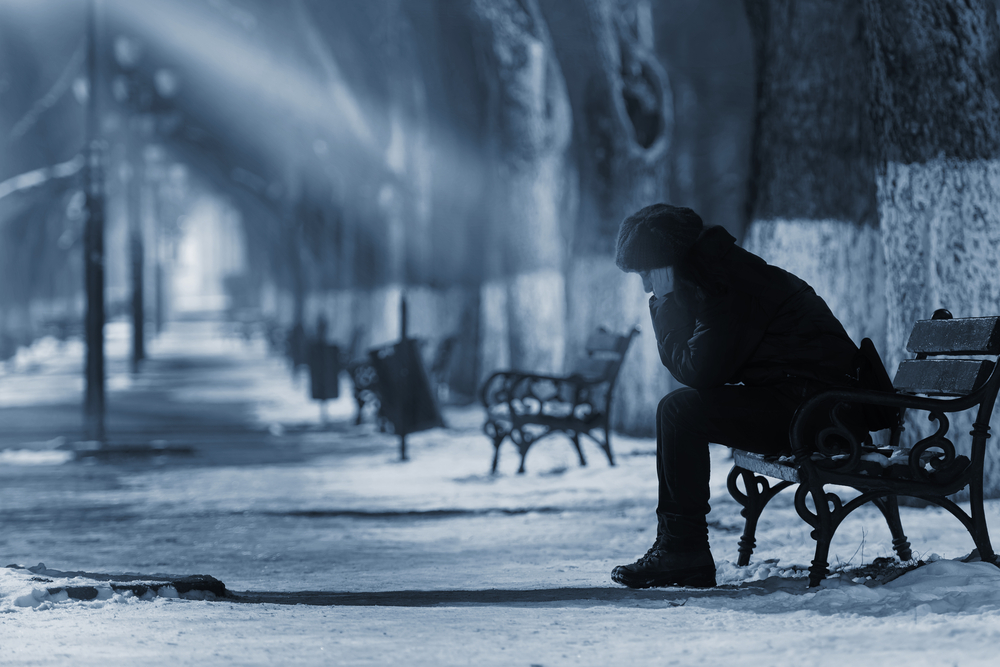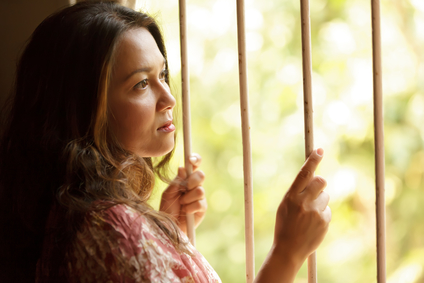You lost a loved one months ago, grieved, and recovered. Now the holiday season has brought up an entirely new wave of sadness and loss. Maybe you kept your chin up or distracted yourself with festivities and events. Now, the New Year as begun, leaving you to deal with post-holiday grief by yourself. Here are some strategies to help.
Post-Holiday Grief Relief Strategies
- Acknowledge and accept negative feelings; don’t avoid them
- Journal about your thoughts, feelings, and memories
- Ask for help from friends and family
- Accept help when offered
- Find things to be thankful for
- Set up a space to honor your loved one
- Be willing to say no to grief-inducing events and yes to joyful ones
- Volunteer or do something for others
- Find a grief support group
- Learn grief coping strategies from a therapist
1. Acknowledge and accept negative feelings; don’t avoid them
When you grieve, you can feel sadness, loss, anger, emptiness, and other negative emotions. It can be tempting to avoid them, or mask them with food or alcohol. But putting off experiencing these feelings can prolong the grieving process and can even make them more intense. Give yourself time and space to feel those emotions and acknowledge that they are healthy.
2. Journal about your thoughts, feelings, and memories
Journaling can help you move through grief. Writing down your thoughts and feelings can help you when you are feeling “stuck”. Writing about why you feel what you feel can help unpack your emotions so you can process them. Journaling memories of your loved one can also help you preserve them for the future, giving you something about them you can keep.
3. Talk to friends and family
Talk about your grief. Tell you support system when you are struggling. Your friends and family may not realize you are grieving and could accidentally aggravate your feelings of loss. Also, talking through how you are feeling with caring friends and relatives will help you feel understood, and not alone.
4. Accept help when offered
You may feel like a “burden” while sad or depressed because of a loss. But your loved ones are likely willing to help. Don’t be afraid to ask if someone can bring you a meal or to reach out with a specific need. When friends offer up aid, be compassionate with yourself and say yes if you need it.
5. Find things to be thankful for
Gratitude is an antidote for grief. If you are mourning the loss of someone or something important, collect things in your life you are thankful for. Write them down, or take pictures, so you collect a list to look back on when the grief gets more intense.
6. Set up a space to honor your loved one
Give your lost loved one a place of honor in your home, such as a photograph, a candle, or an empty chair. This will symbolize their importance to you and give you a reminder of the good times you had together.
7. Be willing to say no to grief-inducing events and yes to joyful ones
Even after the holidays are over, there may be family events or traditions that emphasize your loss. It is okay to skip them, or to do them part-way. At the same time, be careful of self-isolation and avoidance. Find activities that bring you joy and invite others to join with you in doing them instead.
8. Volunteer or do something for others
Grief makes you focus on yourself and your feelings. Doing something for others such as giving gifts, serving the homeless, or spending time with the lonely, can remind you of the bigger picture.
9. Find a grief support group
Your family or friends may not be feeling the same way you do. They may be anticipating the New Year or celebrating their own lives. A grief support group can help you connect to others sharing the same experiences and emotions you are, so you can work through it together.
10. Learn grief coping strategies from a therapist
When post-holiday grief is intense or doesn’t fade, you may need more than time to heal your emotional wounds. Working with a therapist can teach you new grief coping strategies, help you understand what you are feeling, and speed your recovery, so that you can remember your loved one, rather than mourn them.
David Stanislaw is a psychotherapist with over 30 years of experience. He helps children, teens and adults with bereavement and other psychiatric issues. Contact David Stanislaw to get help today.


 Common Treatments for Depression
Common Treatments for Depression Are Childhood Family Patterns Affecting Your Marriage?
Are Childhood Family Patterns Affecting Your Marriage? 7 Ways Therapy Can Make You a Better Parent
7 Ways Therapy Can Make You a Better Parent